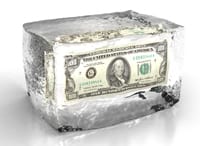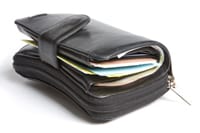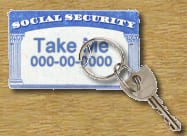 If you have been a reader of this column, you know how important it to maintain good credit. Unfortunately, it is not enough to monitor your own credit, you must protect your child’s credit as well.
If you have been a reader of this column, you know how important it to maintain good credit. Unfortunately, it is not enough to monitor your own credit, you must protect your child’s credit as well.
Good credit is as important to your child’s financial future as GPA and SAT numbers are to career goals. Recently, I was asked by the parents of a newborn what they could do to keep their child’s credit /identity safe.
Unfortunately, the answer is not a thing. You probably don’t like that answer. But it does make sense – let me explain.
To protect your personal credit / identity, I recommend that you place a credit freeze on your credit report so that no one (not even people you authorize) can view your credit without you unfreezing your credit. You have to pay for the service, so you should only do it when you don’t think you will have a need to finance something in the immediate future. Freezing and unfreezing can be costly to your wallet.
Well, you can’t freeze a newborn’s credit, or for that matter, a child’s credit. If you think about it, your child has a social security number shortly after birth, but they do not have credit yet. You cannot freeze credit if there is no credit to freeze.
To protect your child’s credit / identity, you will have to order their credit report at www.AnnualCreditReport.com periodically to make sure that no one has requested credit under your child name and social security number. Don’t wait until they are ready for their first loan or you may find out someone stole their identity years ago.








